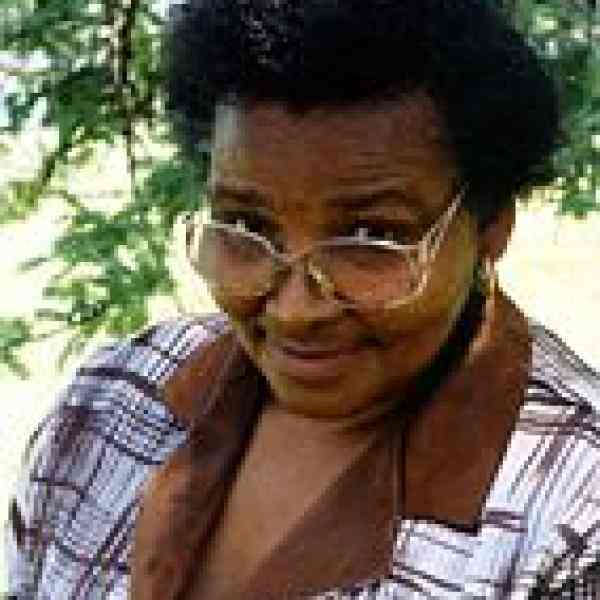Introduction
Esther Cossie is mobilizing rural youth to help combat abuse, particularly domestic violence, in remote and impoverished rural communities of South Africa's Eastern Cape.
The New Idea
Esther is engaging South Africa's traditional and conservative rural population in addressing violence, particularly violence against women. Incest, rape, murder, and HIV infection are often hidden within local cultures, thus making outside interventions extremely difficult. Existing mechanisms to deal with these issues are largely urban and therefore inadequate to address the needs of women in closed rural communities.
Esther sees that young people have the ability to make the largest positive impact on these communities. By identifying cultural value systems that are no longer functional and developing healthier options, young people are leaders of change. Esther trains young men and women to go out and raise awareness about domestic violence, HIV/AIDS, and all forms of abuse common in traditional rural communities. They break the silence that allows abuse to go unchecked. Esther has developed a sound and effective organization under difficult circumstances in an impoverished, isolated area. She has thus developed a model that rural communities all over South Africa will find helpful.
The Problem
The rural population of South Africa is made up of approximately 1.5 million households on commercial farms and 2.3 million households in the former homelands. Although approximately 50.4 percent of the population live in the rural areas, these areas have a 71.6 percent share of the country's poverty. Women make up 51 percent of the overall population, and they are heavily represented in rural areas where they are often the family breadwinners. They face raising children in areas without roads, water, electricity, and childcare facilities.
Men leave home to work in the cities, and their return can devastate women and children. They are often violent and bring with them sexually transmitted diseases. The AIDS epidemic is leaving children without parents and vulnerable to crime and drug abuse. Unemployment is extremely high, and there is a high incidence of witch-hunting and other discriminatory cultural practices. For example, in some remote rural areas, it is not unusual for a young 14-year-old girl to be kidnapped and raped by her prospective husband as his way of marking her as his wife.
The Strategy
Esther engages youth from rural communities in and around the town of Cathcart in the Eastern Cape province by organizing large sports tournaments where prizes are awarded. These events attract large numbers of young people, and she uses these opportunities to get young people to explore issues of human rights, gender equity, violence, and HIV/AIDS in the community. She organizes discussion groups where young people develop strategies to deal with these problems. Esther has created young women's associations throughout the area to provide safe spaces for young women to discuss reproductive health, domestic violence, and other issues important in their lives.
Selected young people are then trained to research problems and raise awareness. They go out in small groups to the surrounding 88 farms and five townships, trying to reach the rural population of 32,000. They walk and hitchhike to the outlying farms and take advantage of the stopover the Johannesburg-bound trains make at the Cathcart station.
Esther has engaged local organizations as partners and is working with the most influential groups in the communities, namely churches and women's groups. She trains trainers and assists other groups in organizing around their problems. She has successfully drawn in the local magistrates and police to assist with her work. For example, the police often provide transportation for her and her volunteers when they go to the farms.
The Person
Esther is an active social leader who was involved in the struggle for democracy in South Africa. Despite being imprisoned by the previous regime for her anti-apartheid activities and surviving years of violence in her marriage, Esther, as a single parent, successfully raised seven children. She educated herself at night and through short courses on gender issues and trauma. She has worked as a maid in a hospital, a counselor, and a field worker in an advice office. Esther's contact with urban organizations offering training on domestic violence made her realize that none of them would be able to work in rural areas. She was thus compelled to start her own organization to address the issues of abuse in poor, rural areas.
